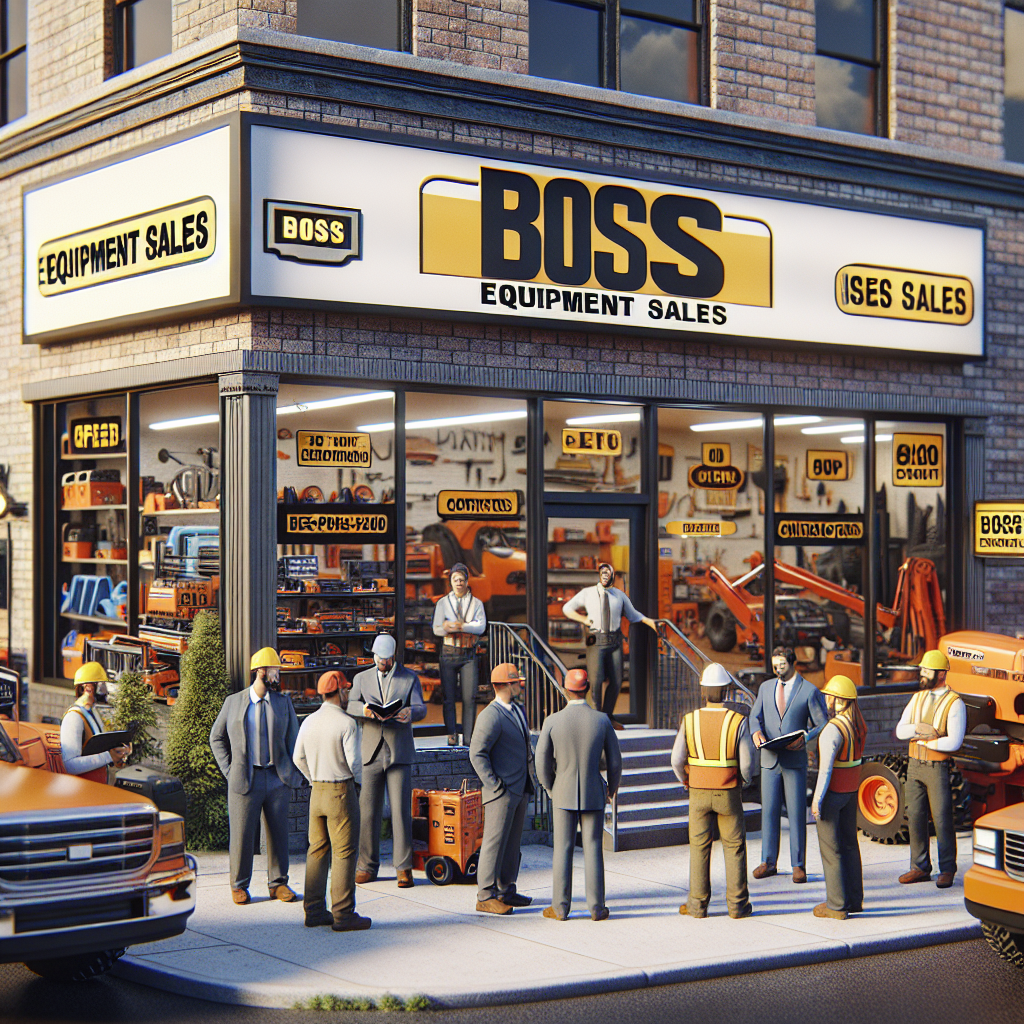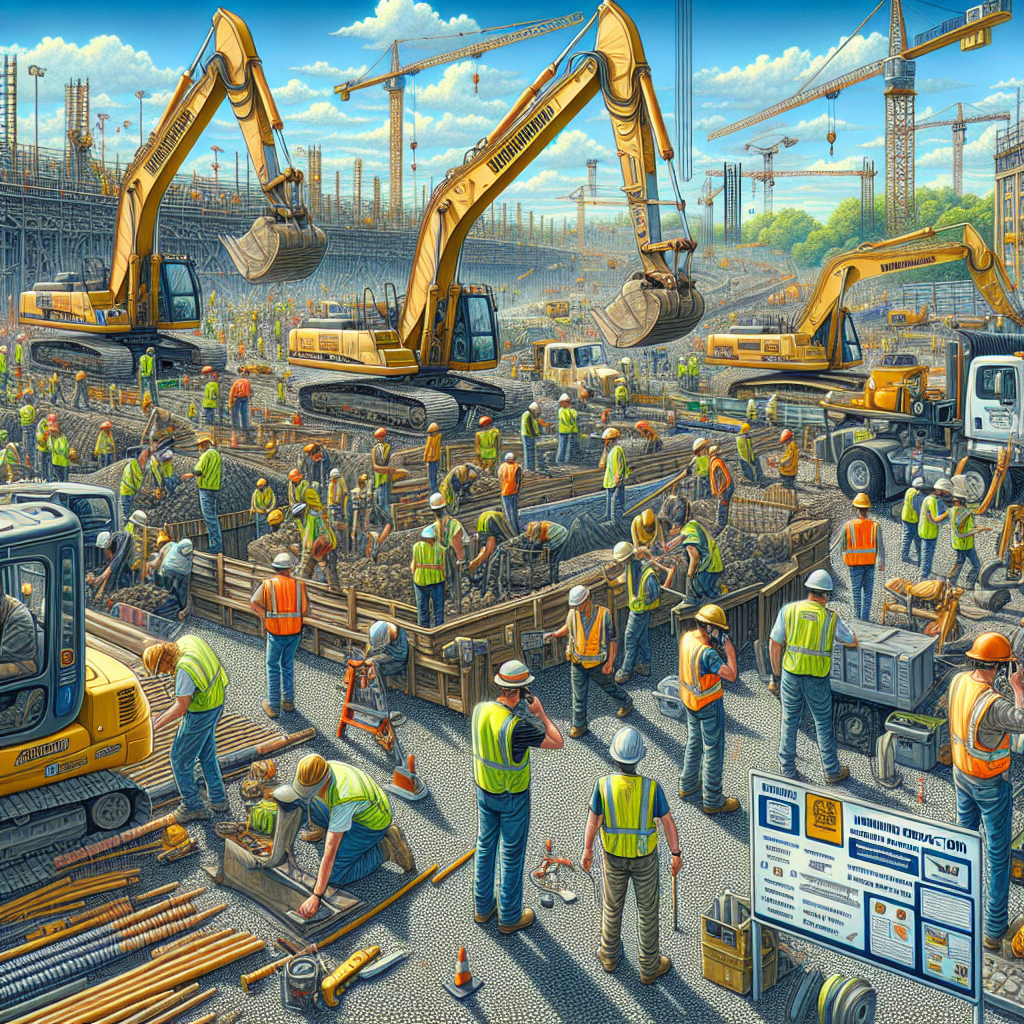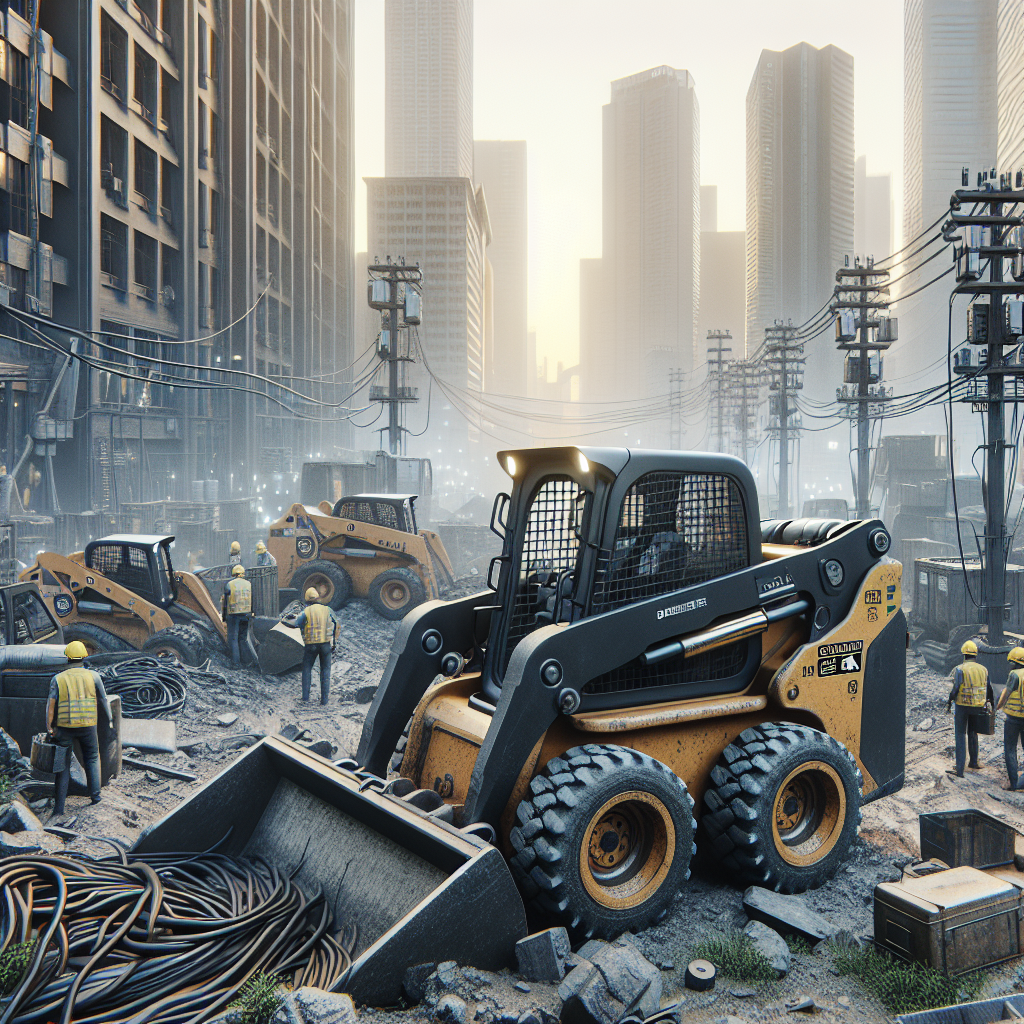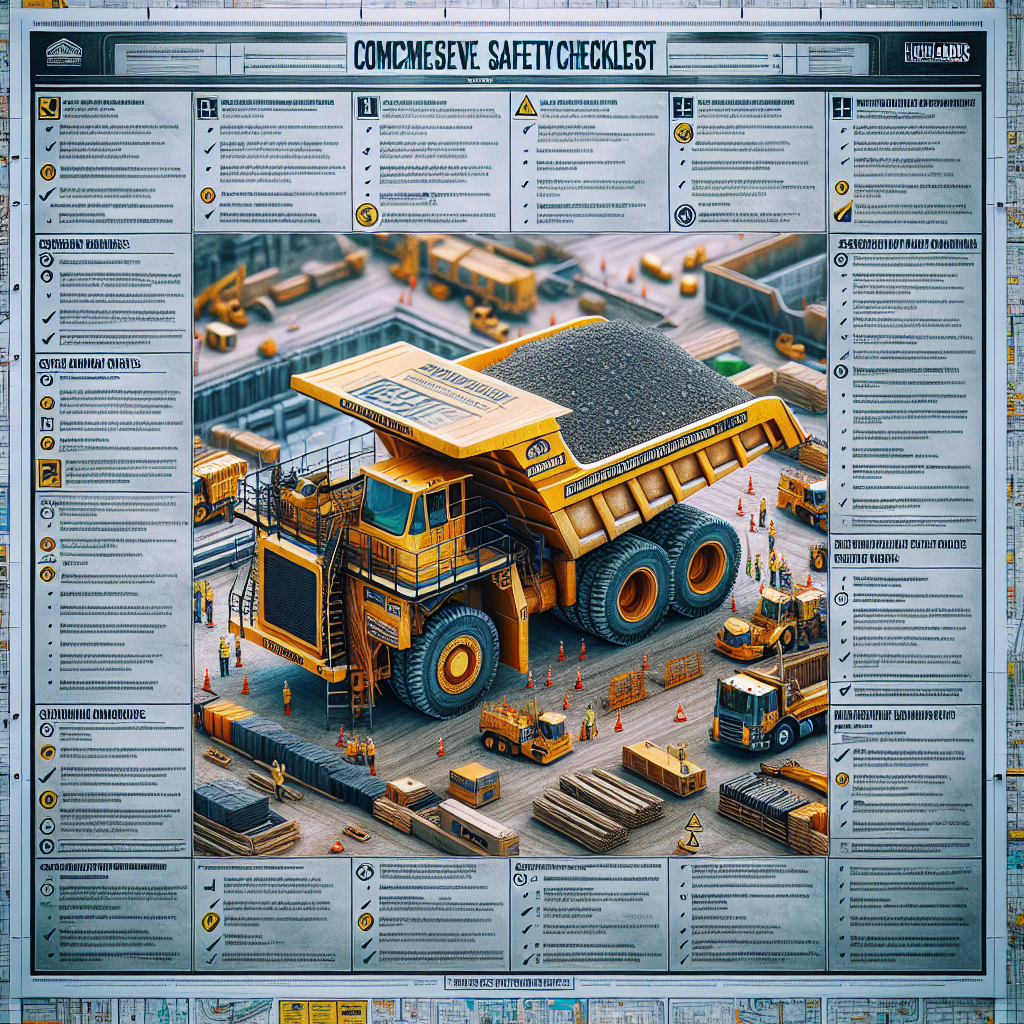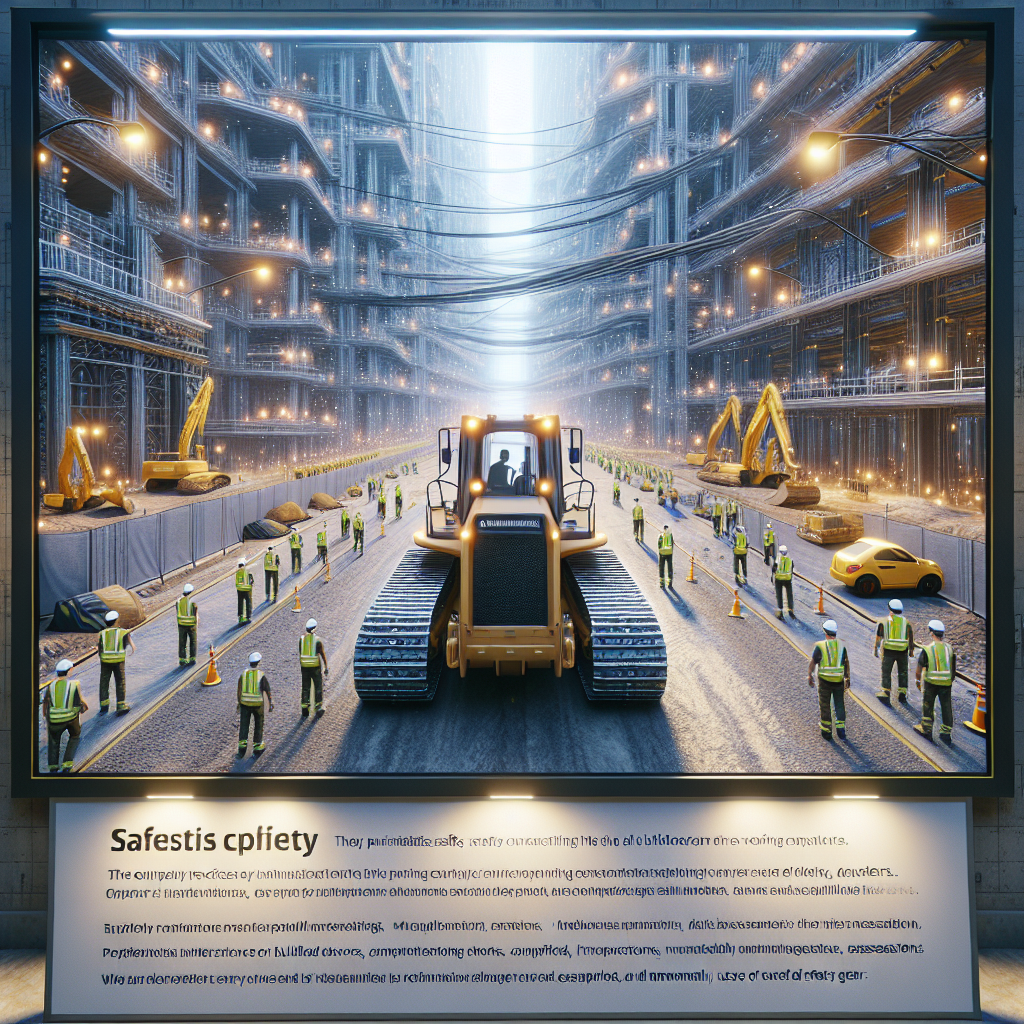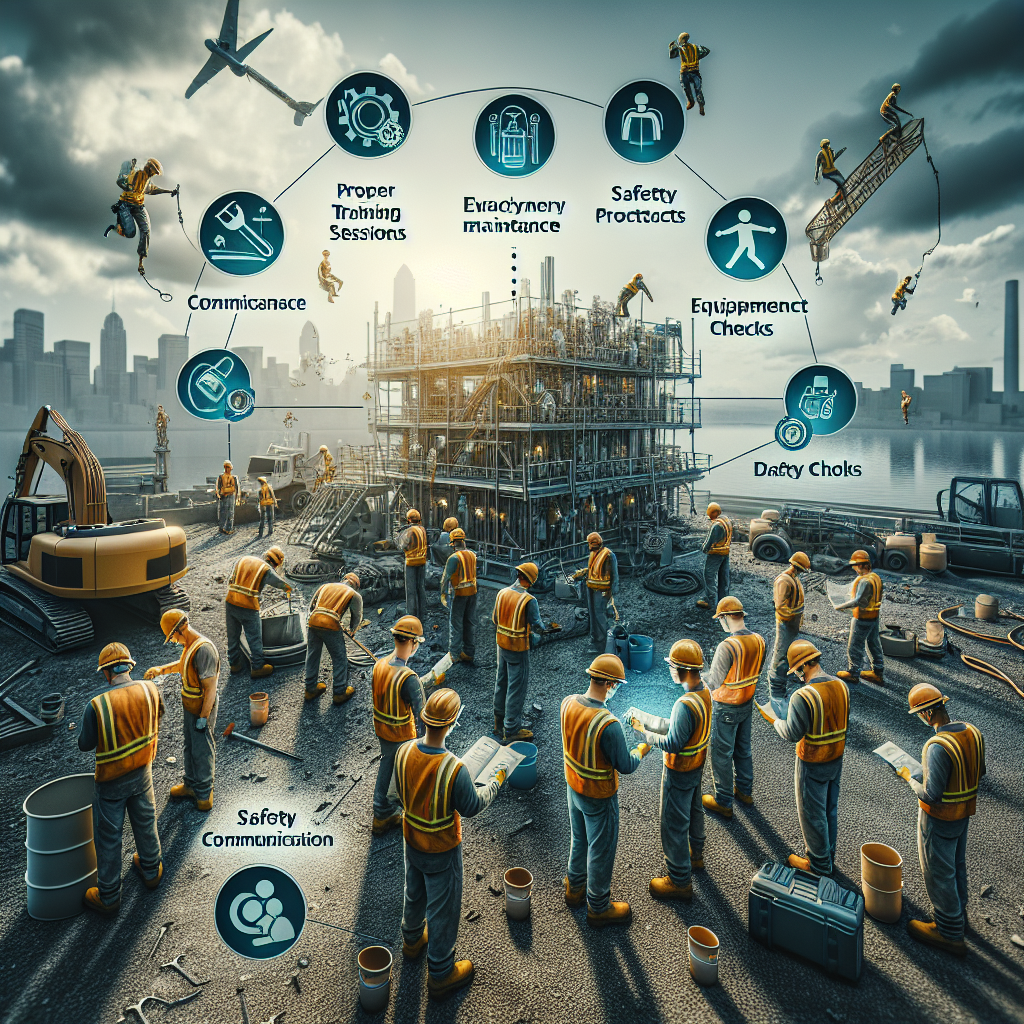
Dayton Construction Sites: Best Practices for Safe Equipment Operation
Introduction
As someone who works in the construction industry, you know how important it is to prioritize safety on the job site. With heavy equipment and potentially hazardous conditions, it's crucial to have proper protocols in place to ensure the well-being of everyone involved. And in a busy city like Dayton, Ohio, where construction sites are a common sight, it's even more critical to implement best practices for safe equipment operation. In this blog post, we'll discuss some essential tips to follow to keep your construction sites in Dayton as safe as possible.
Conduct Thorough Training for Equipment Operators
One of the key factors in safe equipment operation is proper training. All equipment operators should be adequately trained and certified on the specific machinery they will be operating. This includes understanding the equipment's functions, safety measures, and potential hazards. As an employer, it's your responsibility to provide this training to your employees. Make sure to include proper safety protocols in your training, such as wearing personal protective equipment and conducting pre and post-operation inspections.
Ensure Equipment is Well-Maintained
SubHeading1Title:Introduction SubHeading1Text: As someone who works in the construction industry, you know how important it is to prioritize safety on the job site. With heavy equipment and potentially hazardous conditions, it's crucial to have proper protocols in place to ensure the well-being of everyone involved. And in a busy city like Dayton, Ohio, where construction sites are a common sight, it's even more critical to implement best practices for safe equipment operation. In this blog post, we'll discuss some essential tips to follow to keep your construction sites in Dayton as safe as possible. SubHeading2Title: Conduct Thorough Training for Equipment Operators SubHeading2Text: One of the key factors in safe equipment operation is proper training. All equipment operators should be adequately trained and certified on the specific machinery they will be operating. This includes understanding the equipment's functions, safety measures, and potential hazards. As an employer, it's your responsibility to provide this training to your employees. Make sure to include proper safety protocols in your training, such as wearing personal protective equipment and conducting pre and post-operation inspections. SubHeading3Title: Ensure Equipment is Well-Maintained, Another essential aspect of safe equipment operation is regularly maintaining all machinery. This includes routine checks, repairs, and replacements as needed. Neglecting the maintenance of equipment can lead to malfunctions, which can result in injuries or accidents on the job site. Create a maintenance schedule for all equipment and make sure to follow it consistently. Keep accurate records of all maintenance and repairs performed, and promptly address any issues that arise.2
Follow Safety Protocols for Lifting and Moving Heavy Objects
In construction, there are often tasks that involve lifting and moving heavy objects, such as building materials and machinery. To prevent accidents and injuries, it's crucial to follow proper safety protocols for these tasks. Make sure to use the correct equipment for lifting and moving heavy objects, such as cranes or forklifts, and always have clear communication among all team members involved. Proper training and supervision for these tasks are also crucial.
Keep the Job Site Clean and Organized
A cluttered and disorganized job site can pose significant safety risks for construction workers. To maintain a safe working environment, it's important to keep the job site clean and organized at all times. This includes properly storing equipment when not in use, keeping walkways and entrances clear, and promptly cleaning up any spills or debris. Regularly conduct inspections of the job site to ensure that it's clean and clutter-free. Encourage all workers to report any potential hazards they come across. Conclusion: In conclusion, implementing best practices for safe equipment operation on construction sites in Dayton is essential for creating a secure working environment for everyone involved. By conducting thorough training, regularly maintaining equipment, following safety protocols for heavy lifting, and keeping the job site clean and organized, you can significantly reduce the risk of accidents and injuries. Remember, prioritizing safety should be a top priority on all construction sites, and by following these best practices, you're taking an important step towards achieving that.
%201.png)

